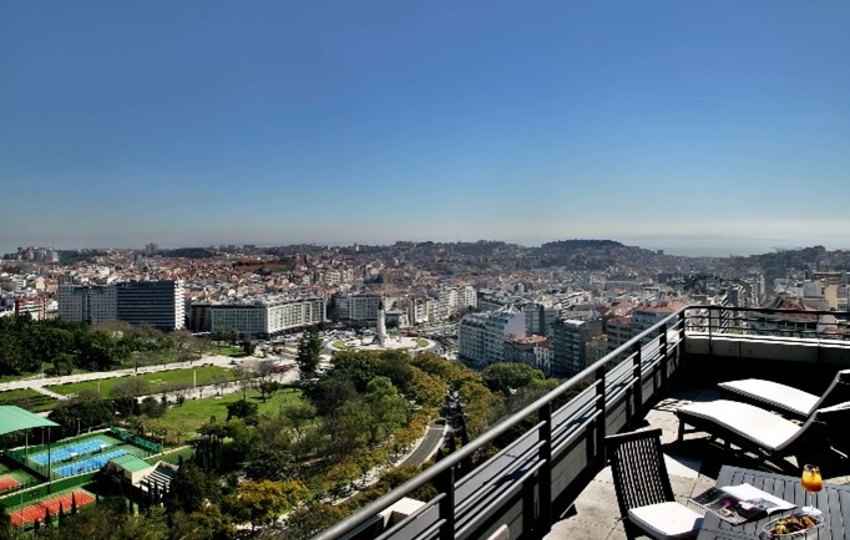The project HOSTVET- “Improvement Of The Management of Local Hosting Vet Organisations In Touristic Sector” is a project that focuses on the touristic sector. The partnership has created a blog “NEWS FROM EUROPE” where they share information about the activities of the project and other useful information.
There, ProAndi partners prepared an article regarding the adaptation of hotels in Portugal in the pandemic’s situation. MAD FOR EUROPE shared some useful information on the initiatives and innovation in tourism through accessible museums. iED also discussed the subject of virtual tools and how internships could be implemented online. TIA Formazione shared an interview with Barbara Antonucci, director of the Master’s degree course at Roma Tre University in Rome in Languages, Intercultural Communication and Tourism Management.
Do you think that specific skills are needed to work in the tourism sector? If so, which ones?
Abstract from TIA Formazione, Italy
The sector is so broad and versatile that the skills and professions related to the tourism industry seem to be endless.
Over the years I have noticed that what the job market is looking for is knowledge of foreign languages, an excellent command of Italian, skills in the use of IT tools, notions of economics and skills in tourism organisation and technology.”
Abstract from IED, Greece
“Concerning Internships in touristic sector, a subject in line with our project HOSTVET, many companies tried to adjust and implement methods that will allow them to receive interns, even virtually. A virtual internship is a placement where an intern gains professional experience and training while not physically present at the company location. Virtual internships may not suit all industries (e.g. hospitality), but with modern working techniques, improved technology, and the correct training structure, they can be beneficially executed in a wide range of fields.”
Abstract from Mad for Europe, Spain
“The Museo Nacional del Prado has audio descriptions adapted from a selection of 50 masterpieces so that blind or low vision people can make a free visit. Of course, the Prado Museum does not have podotactile signage, so it is recommended to always go with a sighted companion.”
Abstract from ProAndi, Portugal
“In addition to the advantages for the client of working in a safe and relaxed environment, hotels also see a business opportunity here, as it is a way of consuming meals, drinks and snacks. There is no doubt that this pandemic has brought a new way for various businesses to adapt.
In order to get informed about the project’s progress and activities and review the original articles, you can visit us here.

